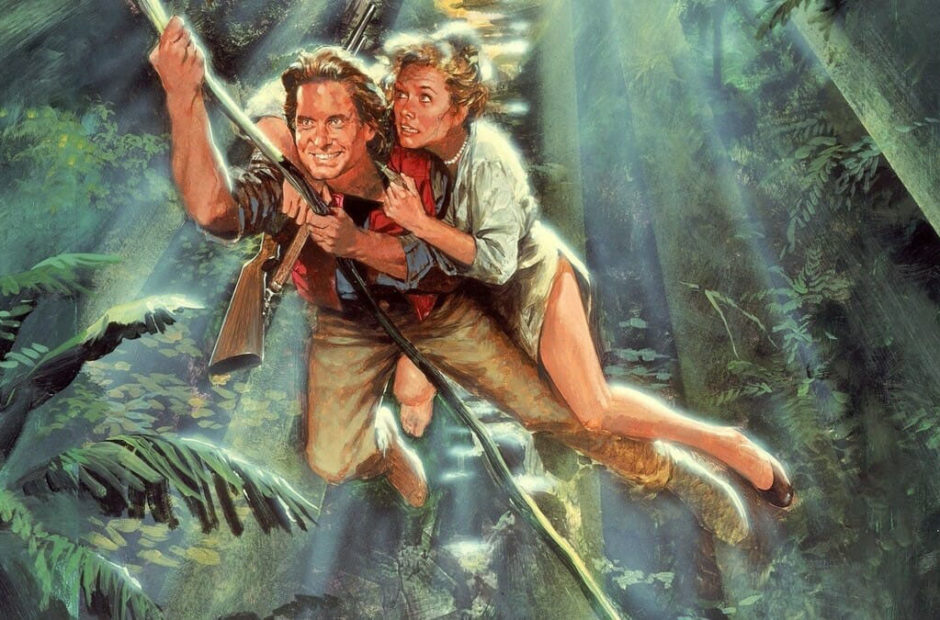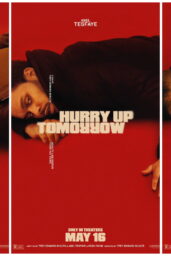Robert Zemeckis, a filmmaker who once dominated Hollywood with hits like Back to the Future (1985) and Forrest Gump (1994), recently shared his candid thoughts about the state of the film industry on Marc Maron's WTF Podcast. Despite his iconic contributions to cinema, Zemeckis acknowledged that many of his beloved films wouldn't get made today due to Hollywood's obsession with existing intellectual properties (IPs) over original stories. His latest project, Here, an $80 million film adaptation of Richard McGuire's graphic novel, exemplifies the struggle for originality in a climate where mid-budget films rarely find support.

Zemeckis's career saw a marked shift after the 2000s. While classics like Romancing the Stone (1984) and Who Framed Roger Rabbit (1988) still resonate, his 21st-century work has often been met with mixed responses. His ambitious new film Here, starring Tom Hanks and Robin Wright, premiered at the AFI Film Festival but currently holds a mere 25% on Rotten Tomatoes. Critics have pointed to the movie's experimental style and single-location storytelling as factors that may alienate mainstream audiences. Nonetheless, Zemeckis emphasized the difficulties of greenlighting unique projects in today's IP-heavy environment.
The director's sentiment reflects a broader trend: the mid-budget, original films that once flourished are now being replaced by big-budget franchise entries and sequels. As studios prioritize profitability and global appeal, the artistic risks once championed by filmmakers like Zemeckis have become increasingly rare. The release of Here on Friday will test whether the director's unique style can still find a place in a rapidly evolving industry.
Zemeckis's comments highlight a troubling trend in contemporary filmmaking. It's disappointing to see how the industry's fixation on established IPs limits creative freedom, making it harder for original stories to thrive. The risk-taking spirit that fueled some of Hollywood's most cherished films seems to be fading, which may diminish the diversity and richness of future cinema.
Do you think Hollywood's focus on franchise films is stifling creativity, or is it simply adapting to audience demand?











